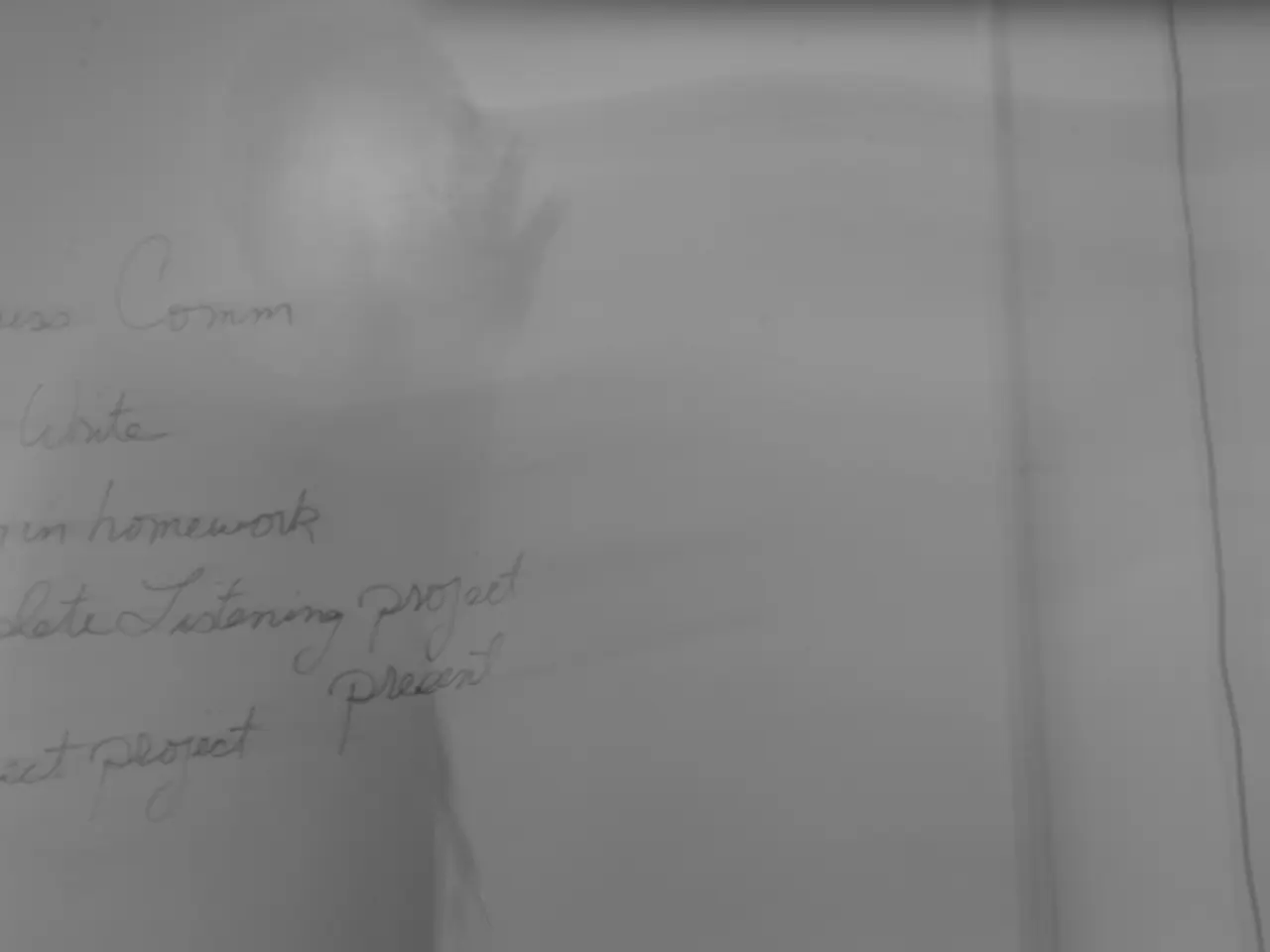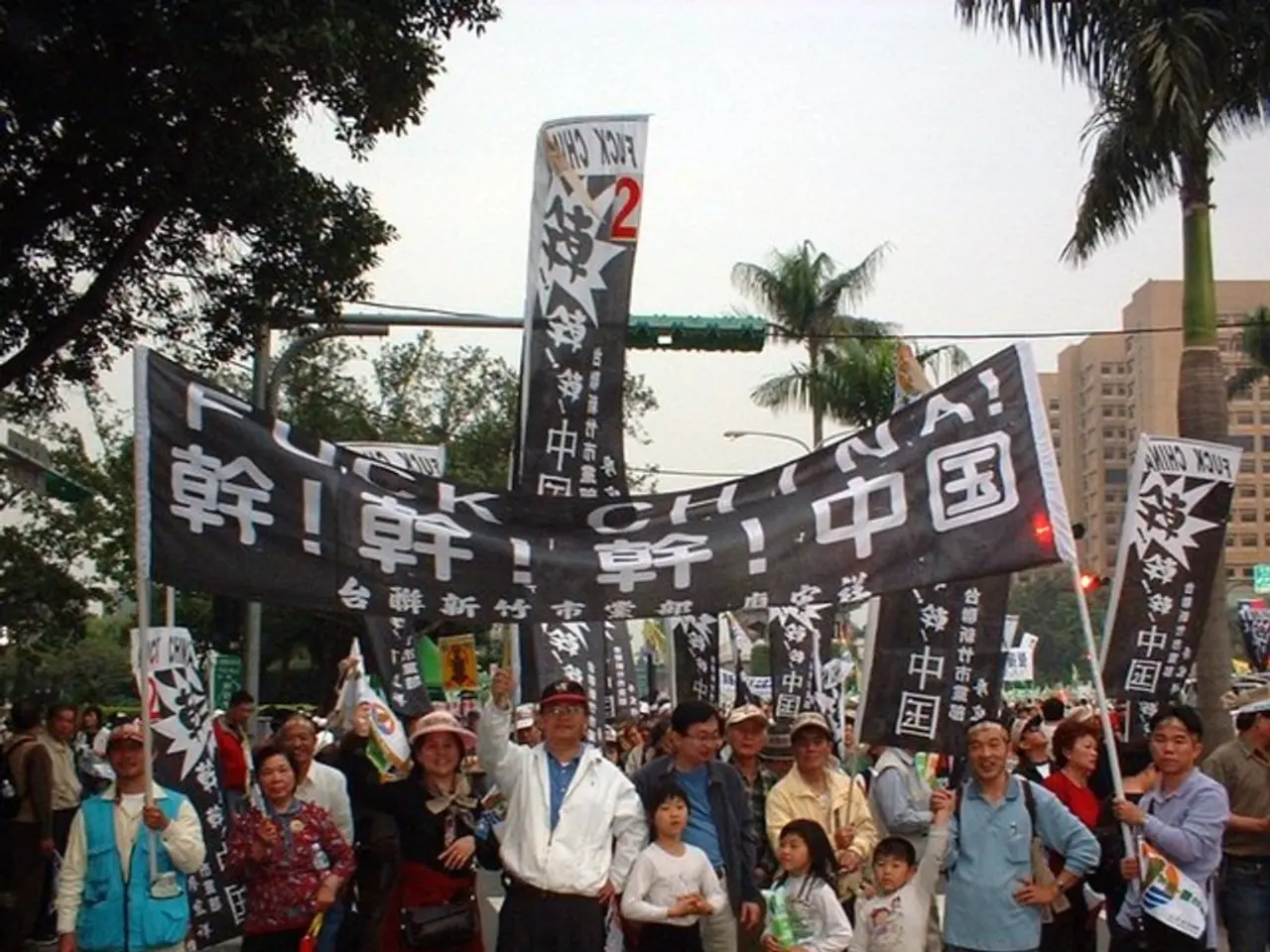Adjustments to Labour Law Reveal Discrepancies between the AD's Electoral Agenda and the Government's Policies
The Dutch government is set to present several labor law changes to Parliament, focusing on stricter non-compete clauses, clarifying employment relationships, and introducing legal rights around remote work. However, these proposals do not cover all aspects promised in the AD election program, particularly regarding family, fertility, parenthood, and maternity leave.
Tightening Non-Compete Clauses
The proposed legislation will limit non-compete agreements to a maximum duration of one year with more defined geographic scope and mandatory compensation. Notably, if a company is liquidated and does not offer continued employment, any non-compete clause will expire automatically, allowing dismissed employees immediate freedom to find new work. This contrasts with current harsher rules that keep workers bound by non-competes even after liquidation.
Defining Employment Relationships
A bill submitted in July 2025 aims to reduce false self-employment by setting clear criteria for when a worker is considered an employee. It introduces a legal presumption that workers paid less than €36/hour are employees unless proven otherwise by the employer. This will strengthen worker rights and clarify the work-family legal status.
Legal Right to Work from Home
The Netherlands is enacting legislation making working from home a legal right if the nature of the job permits it, compelling employers to consider employee requests for remote work. This enhances work-family balance flexibility but is a broader labor right rather than narrowly focused on parenthood or fertility.
Regarding family, fertility, parenthood, work-family balance, maternity leave, and health system reforms, the available sources do not detail specific government proposals aligned with the AD election program promises. The AD program promises likely included comprehensive measures on family support and work-family balance, but the current legislative agenda centers more on employment relationship clarity, non-compete reform, and flexible work rights rather than direct family or fertility policies.
The coalition led by Luís Montenegro, who once considered the family as the "fundamental cell of society," did not provide a comprehensive view of their current actions in their election program. However, the coalition is now working on measures to expand and deepen support for parenthood and work-family balance, such as promoting flexibility in the workplace to allow parents to adjust their working hours.
It is important to note that the government's upcoming labor law changes are not anticipated from the AD's election program or the two-week AD campaign. The coalition did not discuss reviewing the health system's basic law in their recent actions, and they did not declare any cuts in the direct administration of the State.
In summary, while the Dutch government's labor law reforms emphasize clarifying employment status, restricting non-competes, and enabling flexible working, especially remote work, they do not fully reflect the broader promises about family life, fertility, maternity leave, or health system changes as outlined in the AD election campaign materials based on the current information available. The coalition's current actions may not have been anticipated based on their election program, and they are focusing more on measures to support parenthood and work-family balance rather than solely on the family as previously indicated in the election program.
[1] Source for non-compete changes [2] Source for employment relationship clarification [4] Source for right to work from home
- The Dutch government, in its proposed labor law changes, is focusing on tightening non-compete policies via limited agreements, defined geographic scope, and mandatory compensation, which fall under the category of policy-and-legislation related to politics and general news.
- In an attempt to strengthen worker rights and clarify work-family legal status, the Dutch government introduced a bill in July 2025 that aims to reduce false self-employment, thereby falling into the categories of policy-and-legislation, politics, and general news.






